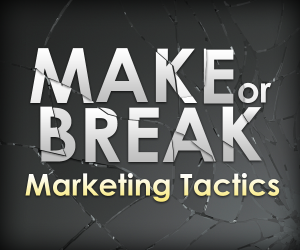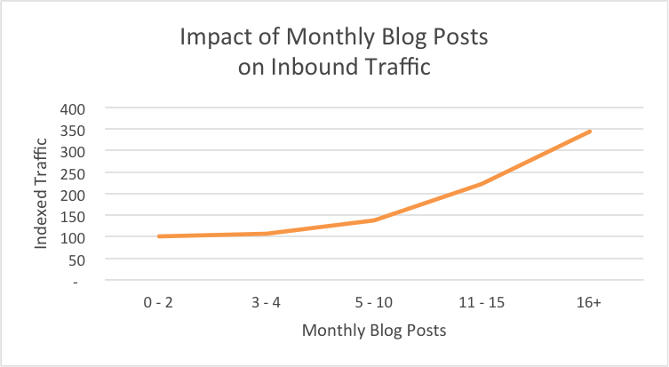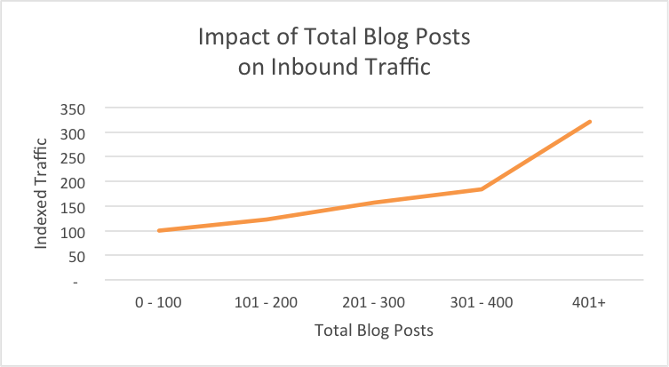 Doesn’t it just piss you off when you put in a ton of effort with content marketing and it feels like none of it is paying off?
Doesn’t it just piss you off when you put in a ton of effort with content marketing and it feels like none of it is paying off?
I have definitely been there. Writing, blogging and rebuilding websites and feeling like it is an endless slog.
Here are four things to consider if your content marketing has stalled like fishing in the dog days of summer, when the fish would rather relax.
- According to Hubspot and repeated frequently, 11 blog posts per month is a minimum starting point where success multiplies.
Lots of people ask me and my team how often they should be writing content. One significant e-commerce company recently considered having a blog but said that they could only commit to writing one blog post a month. Then they abandoned even that. As you can imagine they’re not making enough progress to be happy with their results.
Another company, who is a local law firm in Boston, just can’t accept that blogging and adding content is required if you want good SEO results. They keep pointing to a couple of sites that are out ranking them in Google yet don’t have a lot of content and saying “I want to be like them”.
We explained that behind-the-scenes, the bad links pointing to their website and lack of content are absolutely holding them back. Holding fast, they’re going to stick to their guns and refuse to add regular content. This is a shortsighted approach. The days of 1990 “easy SEO” are gone, where simply changing your title and meta tags / on page optimization and getting some directory links worked.
Then we have the more typical company who agrees to blog at least once a week and then falls by the wayside, leaving their blog like a tumbleweed blowing down the streets of an old western town. I’ve been there too.
Slightly better, we see some people blogging once a week and getting some results. That’s great! Now imagine you double or triple your efforts and you get 1000% better results.
That is what blogging consistently 2-3 times a week and promoting it consistently can do.

And when you build up a base of content, it appears to multiply your success like bunny rabbits reproducing. According to HubSpot “Companies that had published 401+ blog posts in total got about twice as much traffic as companies that published 301 – 400 blog posts”.
 So no big deal right? That would be a post a day for 401 days…or two posts a week for four years.
So no big deal right? That would be a post a day for 401 days…or two posts a week for four years.
Wait, it gets better.
Before you go out and blog your ass off, you might want to consider the theories of blogging experts like Jon Morrow and Danny Inny, who suggest that you focus on writing only a couple times per month on your own site, until you build a following and then you can shift more to your own blog.
To be truly advanced, eventually you will need both consistent high quality guest posts and posts on your own blog.
- Content marketing tactics without distribution / promotion and or syndication will fail
Not only do you need a lot of content these days but you need to promote it.
Medium, LinkedIn publishing and industry specific sites like The National Law Review for law firms are also key.
If you publish long-form posts on LinkedIn, you will notice that you can easily get a couple hundred views to your content, where your small blog might be 25% of that.
That is because a site like LinkedIn already gets a ton of traffic.
Leveraging publishing on larger sites and guest blogging on legitimate key sites in your industry can be the difference between a successful blog and one that is like watching water boil.
Just make sure to try and get those new readers from other sites to sign up for your email newsletter or content updates with a free content offer like an eBook.
- According to Moz and others, having at least one to two deep links is required for an inner page to rank, as studies show most top ranked pages are inner pages and have at least one link .
Here’s one that I admit that we don’t always do. Of course everybody knows that other websites pointing at yours send a positive signal to Google. But did you know that just one link pointing to one of your important pages can make a big difference?
For example, a law firm that has 12 practice areas or service pages, might be getting some links to infographics or nice blog posts that they’re writing but not to the key services pages where they would hope people will visit and become a lead.
It’s not only important to link from some of your blog content into your money pages, it’s really important to reach out and get at least one other website and ideally two, to link to them.
Why? It’s like a minimum threshold for Google in my opinion. A quality page should have at least some connection to other websites that are topically related and of a certain level of quality.
Just be sure to resist the temptation to go get links from directories or article submission sites or your mom’s recipe blog because Google is smarter than that now. You need some level of quality in the link or it will actually hurt you.
- Continued emphasis on longer word count
If only I had a penny for every company that told me they want to build a new website and kill off a lot of the content that they have, in favor of less pages and much shorter pages to make them more concise.
I can totally understand the thinking. People don’t have time to read right? They just want to see a paragraph or two and maybe a bullet list in order to make the decision, according to this line of thought.
Well here is the rub. People have been optimizing websites for so long, that the common denominator between a ranking page and a non-ranking page, simply cannot be the mere presence of the keywords in the title, headings and the body copy.
“Everyone” does that now.
One recent change to Google ranking is that they are giving a greater preference to longer content and so we are seeing some companies do well with their important pages on their website and blog posts being as long as 3,000 words!
At some point, this game will probably change again but at the moment, longer content is doing better.
Resist the temptation to just pile on a bunch of crap content because Google is very sophisticated in terms of reading what is truly in-depth / longer form content, using a variety of keywords and concepts, rather than merely lengthening the page to fill a quota.
Conclusion
Traditional advertising continues to struggle and there is a continued push for marketers to put more and more money into digital marketing.
That doesn’t just mean paying Google for ads but it means more and more people are doing marketing such as blogging and publishing content.
The more people jump on board with this type of marketing, the harder it is for you to stand out.
Given the success that so many people have when they fully commit to content marketing, we expect the competition to only get bigger and so you can’t afford to miss out on these advanced content marketing tactics.
If you want average results, blog once in a while and only on your own website.
If you want outstanding results, create outstanding content and get the word out about it using paid and organic content promotion.
